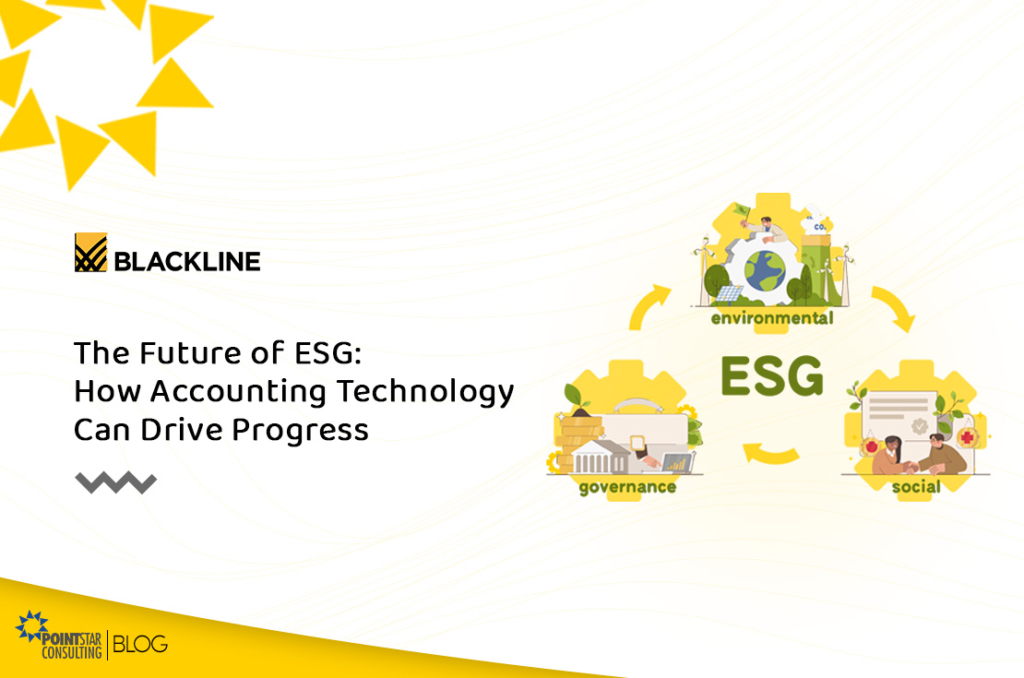What is ESG?
The increasing threat of climate change and environmental disaster, the evidence of corrosive effects of certain businesses to the society, and one too many financial crises triggered by lack of regulation in the corporate world have thrust Environmental, Social, and Governance (ESG) to the forefront of the business world.
ESG (Environmental, Social, and Governance) refers to a set of criteria that regulatory bodies, investors and other stakeholders use to evaluate a company’s performance.
Environmental criteria consider how a company impacts the environment and includes issues such as carbon emissions, waste management, and resource depletion. Companies that prioritise environmental sustainability are likely to have better long-term prospects since they will be better equipped to manage risks associated with climate change and resource scarcity.
Social criteria consider how a company manages its relationships with its employees, customers, suppliers, and communities. These issues include human rights, labour practices, diversity and inclusion, and community involvement. Companies that prioritise social sustainability are more likely to have a positive reputation and loyal customers and employees.
Governance criteria refer to how a company is managed and include issues such as board composition, executive compensation, and transparency. Companies with strong governance practices are less likely to engage in unethical behaviour and more likely to make sound long-term decisions.
Why It Matters
Investors are increasingly looking at ESG factors as a way to identify companies that are better positioned to deliver sustainable long-term returns.
Companies that perform well on ESG criteria tend to have better risk management practices, are more innovative, and are better positioned to attract and retain top talent. Additionally, companies that prioritise ESG issues are better prepared to navigate regulatory and reputational risks.
On the flipside, companies that ignore ESG risks may end up facing higher costs of capital or difficulting raising funds that could put their long-term prospects in jeopardy.
In addition to this, investors, regulators, consumers, and employees are increasingly demanding that companies should not only focus on financial performance, but also on their impact on the environment, society, and governance.
How to Leverage the Accounting Technology for ESG Reporting
ESG reporting has become a critical component of corporate sustainability efforts, requiring an accurate and transparent reporting process on a range of metrics. However, collecting, analysing, and reporting ESG data can be a time consuming and resource intensive process, with a significant amount of manual intervention required.
Accounting technology or cloud based F&A process automation, such as BlackLine, can help simplify this process, enabling companies to track, measure, and report on their ESG performance more efficiently and accurately.
Moreover, these systems save financial information and records on the cloud, making them available around-the-clock access to authorised accountants, controllers, or CFOs who may be located elsewhere or working remotely.
From cloud-based F&A process automation to data analytics and reporting tools, accounting technology offers a wide range of solutions to help companies achieve their ESG targets.
By leveraging these tools and technologies, companies can not only meet regulatory requirements but also build trust with stakeholders, enhance their social and environmental impact, and drive long-term value creation.
Final Conclusion
ESG (Environmental, Social, and Governance) has become a critical component of corporate sustainability efforts and is increasingly seen as a key driver of long-term business success.
Accurately tracking, measuring, and reporting on ESG performance is essential for companies looking to meet sustainability goals, manage risks, and enhance reputation. Accounting technology can play a crucial role in driving progress towards ESG goals, by enabling companies to streamline their reporting processes, improve accuracy and transparency, and open up capacity for more strategic work.
Ultimately, integrating ESG consideration into business strategy and operations, and harnessing the power of accounting technology can drive progress towards a more sustainable future.



